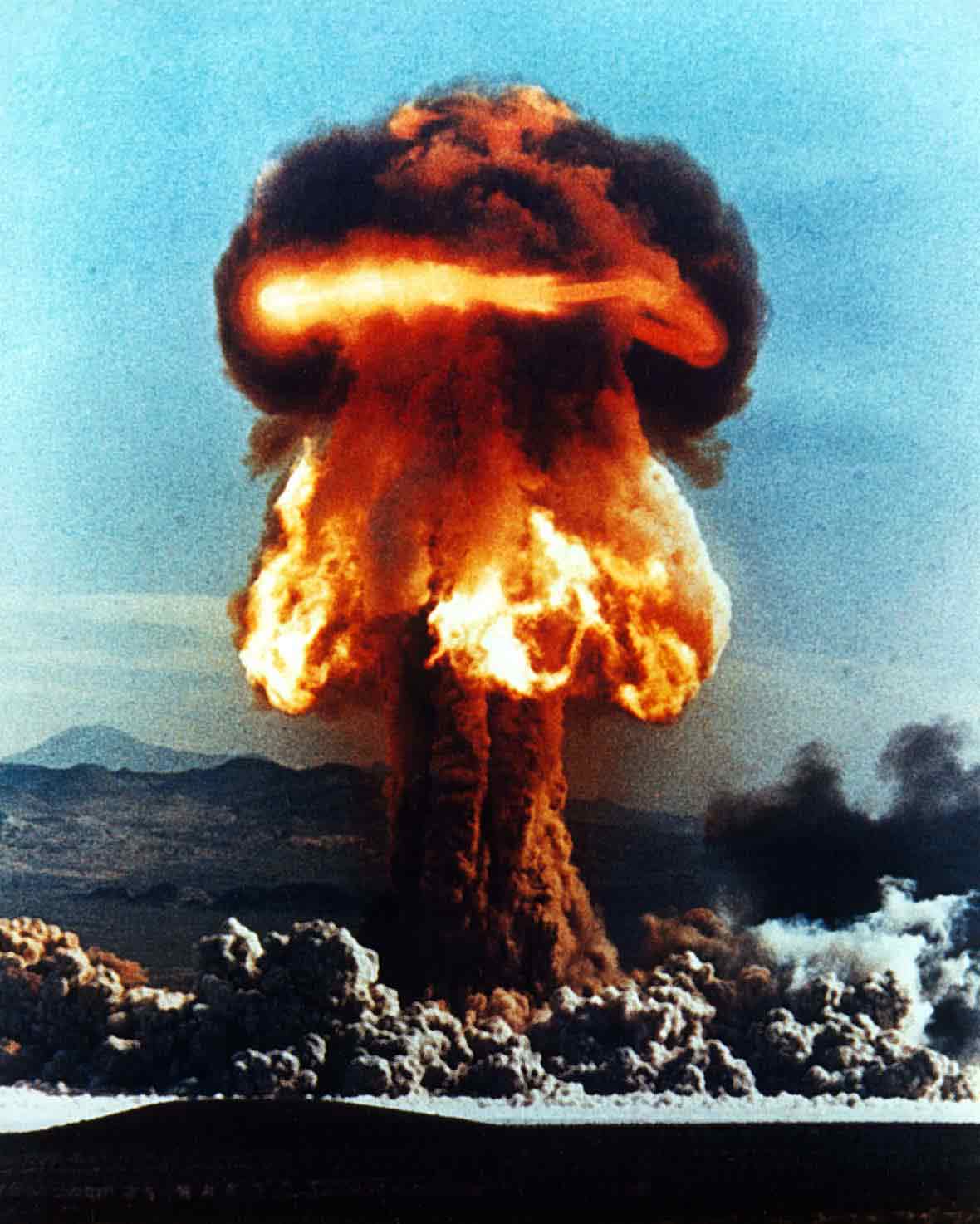North Korea began uranium n-weapons programme in '90s: South Korea
 Seoul, Jan 6 : North Korea used international negotiations to buy time for its nuclear weapons programme, having started a uranium-based programme shortly after a 1994 deal to abandon nuclear weapons, South Korea's foreign minister said Wednesday.
Seoul, Jan 6 : North Korea used international negotiations to buy time for its nuclear weapons programme, having started a uranium-based programme shortly after a 1994 deal to abandon nuclear weapons, South Korea's foreign minister said Wednesday.
Yu Myung Hwan told the official Yonhap News Agency that it was likely Pyongyang started uranium work soon after concluding the Agreed Framework with Washington in Geneva. In that agreement, it promised to freeze its nuclear activities in exchange for energy aid and the construction of two light-water reactors.
"What is certain is that North Korea began its (uranium) enrichment programme for nuclear weapons from very early on," Yu told Yonhap. "It appears that North Korea began the enrichment programme shortly after signing the Geneva agreement, or at least in 1996."
Enriching uranium would give Pyongyang a second route for making nuclear weapons. The country has already tested two plutonium-based nuclear devices.
However, little was known about the Stalinist state's nuclear weapons programme, including its development stage, the amount of enriched uranium it has or the number of its nuclear weapons, Yu said.
Yu added that Pyongyang has been using international negotiations that are aimed at ending its nuclear weapons programme to gain time for furthering its nuclear programmes.
In April, Pyongyang admitted for the first time that it pursued a uranium-enrichment programme. In September, it said its "experimental" enrichment programme was nearing completion.
The 1994 deal collapsed in late 2002 when North Korea threw out nuclear inspectors after the US accused the country of secretly pursuing uranium enrichment.
North Korea agreed in 2006 to dismantle its plutonium-producing facility at Yongbyon, but international talks broke down in 2008, again partly over Pyongyang's refusal to discuss uranium enrichment.
"I believe there is always a possibility (Pyongyang) may return to negotiations to evade its economic crisis," Yu said.
However, not only South Korea, the US and Japan, but also China and Russia, two North Korean allies, shared a firm understanding that they cannot reward the North for its return to the negotiations alone, the minister said.
Those five countries are involved in the six-nation nuclear talks with North Korea.
UN sanctions would continue to be enforced until North Korea takes "tangible" denuclearisation measures, Yu insisted. (DPA)